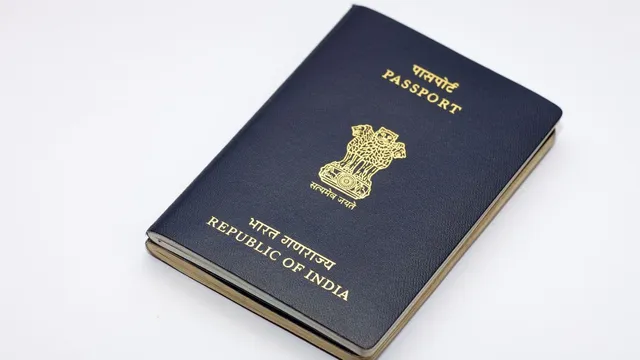- By Shivangi Sharma
- Mon, 02 Jun 2025 06:17 PM (IST)
- Source:JND
In 2025, Indian passports are undergoing a significant revamp, with technological enhancements and rule relaxations designed to simplify documentation and improve security. The move will especially benefit over 3.5 million Indian expatriates living in the United Arab Emirates (UAE), as India rolls out e-passports, introduces colour-coded covers, and updates several key policies.
India has begun issuing e-passports equipped with RFID chips that store biometric and personal data, such as the holder’s photograph, fingerprints, and digital signature.
These next-generation passports conform to International Civil Aviation Organisation (ICAO) standards, offering several advantages:
- Faster immigration clearance at global airports
- Greater protection against data theft and identity fraud
- Streamlined global travel, making Indian passports more compatible with international systems
These biometric passports will gradually replace existing ones, providing seamless travel experiences, especially for frequent flyers in the Gulf region.
No More Address On Last Page
In a major privacy-forward update, Indian passports will no longer display residential addresses on the last page. The information will be digitally stored and accessed via a QR code or barcode. Only authorised officials will have access to this data, enhancing data privacy and security for all passport holders.
Spouse’s Name Without Marriage Certificate
Another change is the relaxation of documentation rules for including a spouse’s name in the passport. Indian citizens can now add their spouse’s name using a self-declared affidavit (Annexure J)—eliminating the need for a registered marriage certificate. The process requires:
- Both spouses to be present at the Indian Consulate.
- Submission of a joint declaration, complete with photographs, ID proof, and signatures.
This update is particularly beneficial for couples living abroad, where accessing original certificates may be difficult.
In a shift towards global practices, Indian passports may no longer display parents' names. This change aligns with modern identity documents globally, where parental details are not typically mandatory.
India is also implementing colour-coded passport covers to differentiate between categories:
- Blue – Ordinary passport holders (no change)
- White – Government officials
- Red – Diplomats

